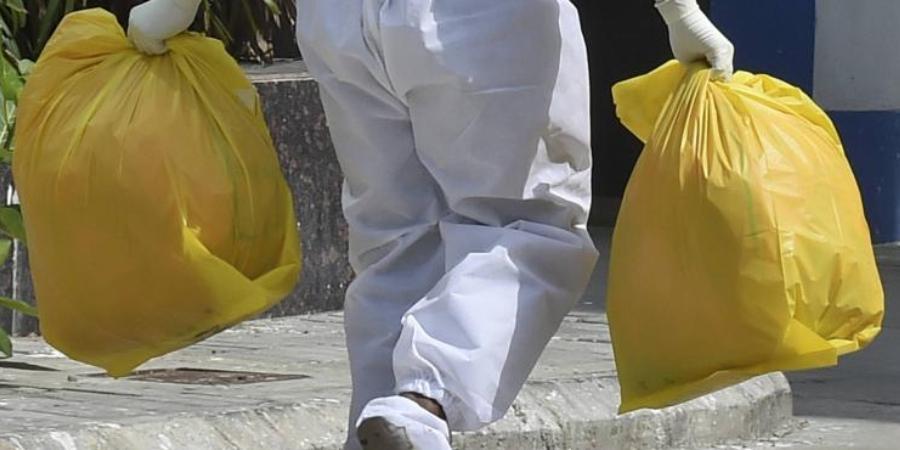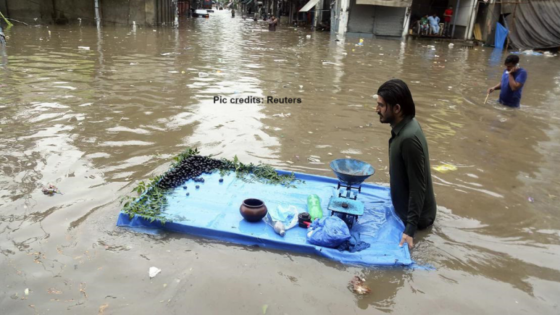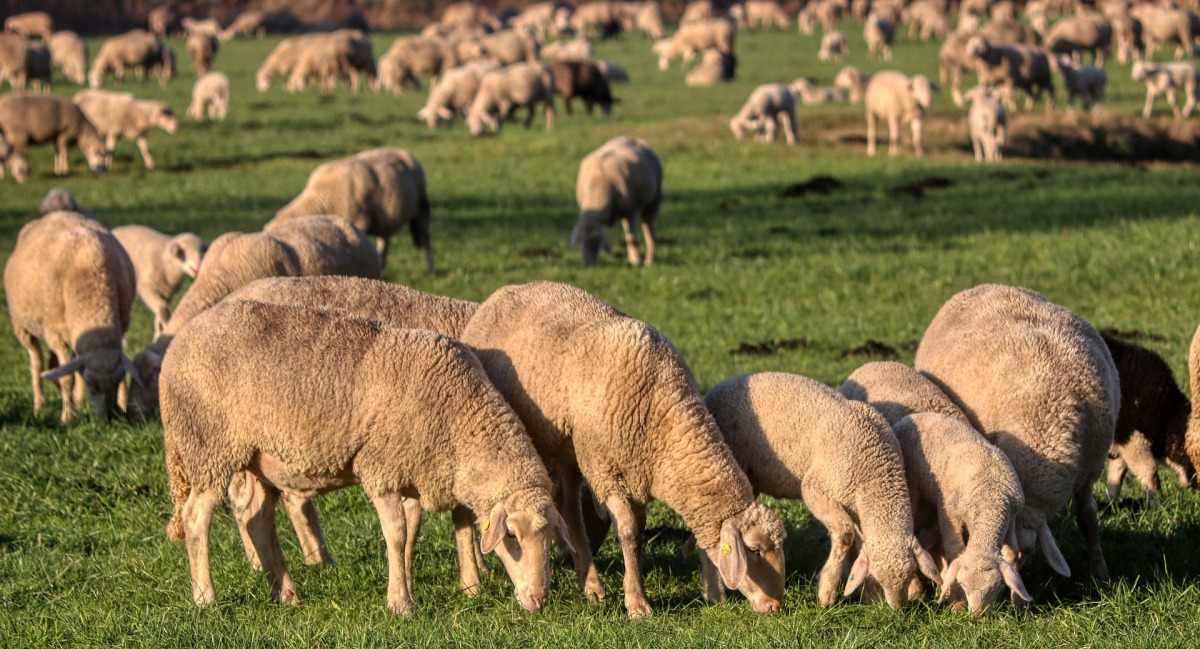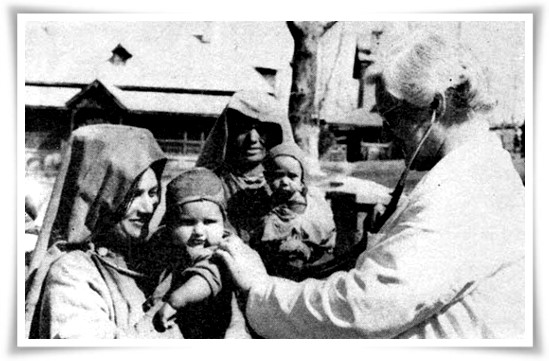Biomedical waste (BMW) refers to the waste generated during diagnosis, treatment and immunization of people or animals in healthcare institutions. With the outbreak of the COVID-19 pandemic, there has been a surge in hazardous biomedical waste, adding to the already-heaping pile. The BMW generation has increased manifold owing to the usage of masks, gloves, PPE kits, sample kits, urine bags, and syringes. And untreated and improperly managed BMW is a potential source of infection. In addition, the untreated or rudimentary handling of BMW creates a nuisance and decreases patient satisfaction. Thus, this unscheduled rise in biomedical waste in the wake of the COVID-19 pandemic has necessitated its proper management and disposal mechanism to avoid hazardous impact on the environment and people.
India’s pollution watchdog, Central Pollution Control Board (CPCB), has advised sanitation workers and healthcare centers to take extra precautions and deal with BMW by following various guidelines. It stressed that diligent handling and management of BMW could, in fact, prevent the occurrence of hospital-acquired infection and also lower the rates of disease transmission. The CPCB amended the Biomedical Waste Management Rules, 2016 and directed each healthcare facility to establish a bar code machine to track waste being sent out of their premises and disposed of via Common Biomedical Waste Treatment Facility (CBMWTF). This system works as a critical tool to trail the waste from its source to disposal. The specifications had been referred to by using the CPCB to use barcode labels on colour coded packing containers for handling biomedical waste.
Perspectives from Kashmir
Jammu and Kashmir State Pollution Control Board issued a draft model for the management of biomedical waste at Village Panchayats and subdivisions. The plan states that, as per Biomedical Waste Management Rules 2016, biomedical waste is categorized into four colour categories: yellow, red, white and blue – based on disposal pathway. As per these rules, the requirement of segregation prior to disposal is a must.
It was simply cited that the segregation, collection, pre-treatment and storage are the important responsibilities of the biomedical waste generators like hospitals, clinics, quarantine centers, isolation wards etc. So, for the safe disposal of waste Gram Panchayats, Panchayat Samitis, Institution-Gram Panchayats, Gram Sewaks, Block/Tehsil level Offices, in conjunction with Zila Parishad had been requested to put into effect overall waste management at the village level.
In Jammu and Kashmir, there are three BMW treatment centers. One is located in Samba district of Jammu while the other two are in Lasjan and Lassipora regions of Kashmir. The Anmol Health Care Facility in Rakh Rara village of Samba currently handles around 9-11 quintals of BMW on a daily basis from different districts of Jammu. Clean City Waste Management Company at Samurbugh, Lasjan and Kashmir Health Care System, IGC Lassipora manage the biomedical waste generated by government and private healthcare centers in the Valley. However, the COVID-19 waste is currently incinerated only by the latter for now.
These waste treatment facilities have incinerators for burning BMW and vehicles for the collection of waste from different districts. However, they have been receiving more biomedical waste every day, almost double, since the outbreak of the COVID-19 pandemic. The vehicles collect BMW from government and private hospitals. The waste is incinerated upon arrival. Every batch takes around 15 minutes to completely burn and the whole waste has to be incinerated within 24 hours at around 1000 °C to 1200 °C.
J&K Pollution Control Board has maintained that the department follows a well-coordinated system to deal with BMW generated from COVID-19. “More than 35 quintals of BMW has been disposed of since the COVID-19 outbreak (as of December 2020) with proper precautions taken by the waste handlers and sanitation people.”
As per the CPCB suggestions, quantification and monitoring of waste is carried out through CPCB’s biomedical waste-monitoring mobile application referred to as COVID19BWM.
Identifying and implementing large-scale solutions; adapting novel, economic and environmentally friendly technologies might constitute the first steps to be taken in addressing serious challenges of biomedical waste management. With the COVID-19 crisis far from over, the load of treating biomedical waste has doubled. Policies and practices for storage, collection, transportation and disposal of such waste are important to create sustainable mechanisms for managing biomedical waste.
Recommendations
- Regularizing the service of garbage collecting vehicles at urban and rural healthcare centers, where BMW is found in plenty, is a good option to avoid littering around public medical centers, thus preventing potential infections.
- In rural areas, people are generally of the opinion that burning any waste, including biomedical, eliminates the threat and is environmentally friendly. However, we know this to be untrue. Thus, people from villages need to be made aware of the hazards of burning biomedical waste.
- Not just for the common masses but, in particular, everything related to treating biomedical waste should be inducted in training and learning modules of prospective and/or experienced medical personnel and management candidates.
- The new hydroclave technology – a safe waste management system to produce fine, white, dry waste significantly lower in size and weight – is an environmentally friendly method for disposing of medical waste. The biomedical waste treatment facilities in Jammu and Kashmir should be provided funds to introduce hydroclave to their existing systems for reliable treatment of hazardous biomedical waste.
- Monitoring health centers and hospitals for proper management of biomedical waste so as to prevent any potential negative impact on human health and environment should be the utmost priority of concerned departments. Any discrepancy, if found, must be dealt with strictly whilst adhering to BMW management rules.
For proper disposal and management of biomedical waste in J&K, the State Pollution Control Board has issued certain guidelines for every stakeholder to properly apprehend biomedical waste management. These guidelines are stated here. The amendment in guidelines to lessen the biomedical waste burden and a smooth functioning system ensures there is no compromise on secure disposal of COVID-19 biomedical waste.
References:






Leave a Reply
You must belogged in to post a comment.